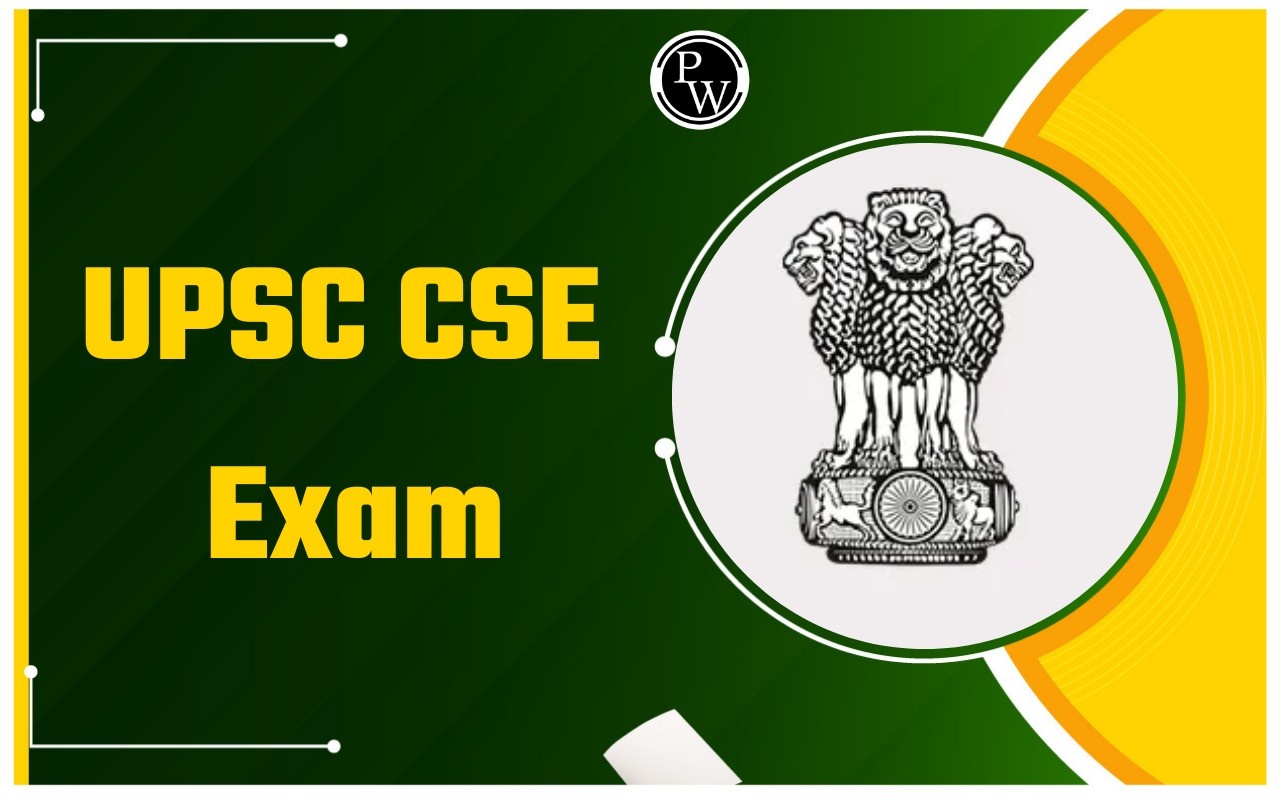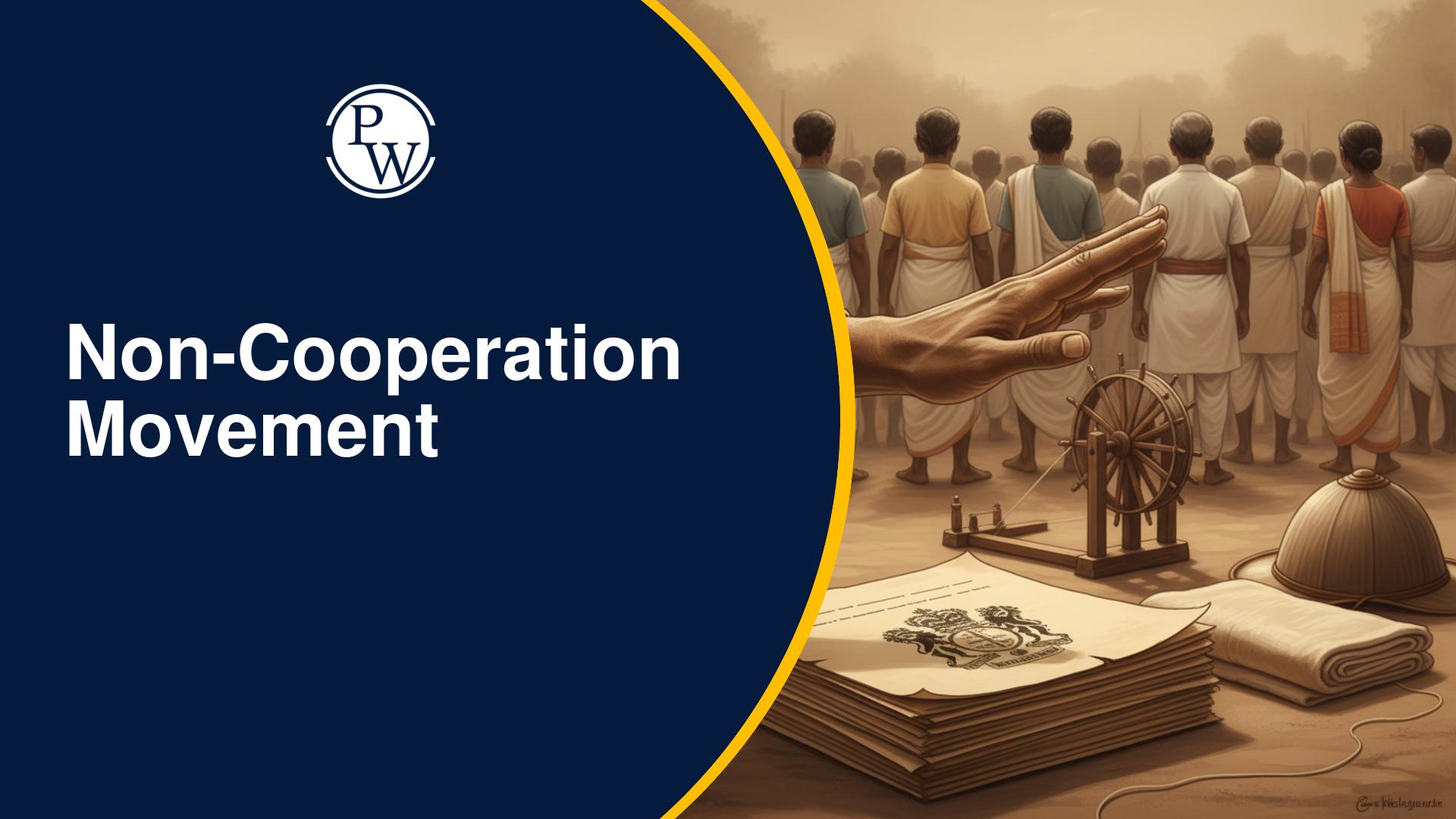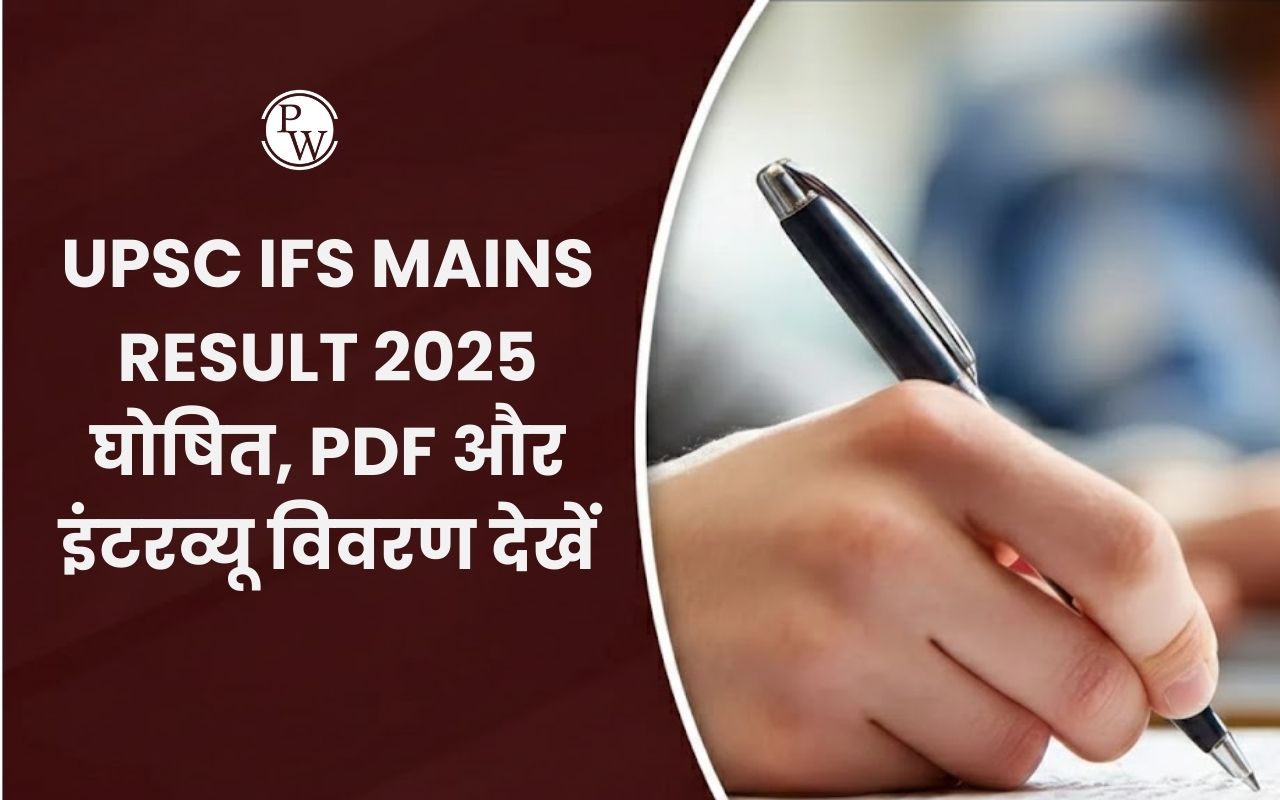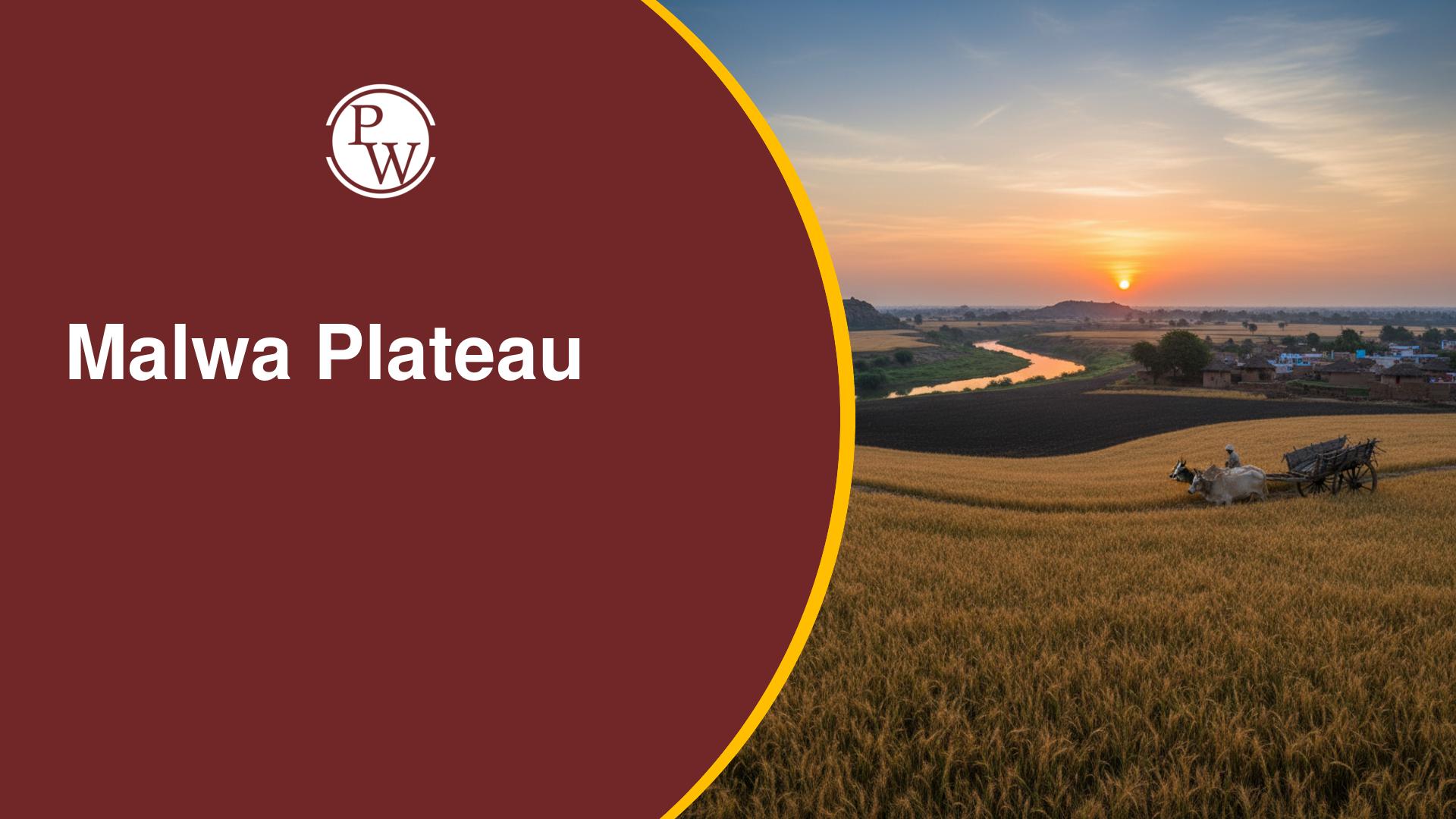
UPSC Geology Optional Syllabus 2025: Geology is the science that deals with the earth's physical structure and substance, its history, and the processes that act on it. It studies the structure, evolution, and dynamics of the Earth and its natural mineral and energy resources. For aspirants choosing Geology as an optional subject in the UPSC Civil Services Mains, the syllabus is divided into two papers: Paper I and Paper II, each carrying 250 marks, making a total of 500 marks. Find UPSC Geology Optional Syllabus 2025, booklist, preparation tips, and more!
UPSC Geology Optional Syllabus 2025
It's crucial for IAS aspirants to comprehensively cover all areas of the Geology Optional syllabus to maximise their chances of success. Here is the UPSC Geology Optional Syllabus 2025 for Paper 1 and Paper 2:UPSC Geology Optional Syllabus For Paper I
The table below contains the Geology Optional Paper I Syllabus for UPSC Mains Exam:| Topics | Sub Topics |
|
|
|
|
|
|
|
|
|
|
|
|
UPSC Geology Optional Syllabus for Paper II
The table below contains the Geology Optional Paper I Syllabus for UPSC Mains Exam:| Topics | Sub Topics |
|
|
|
|
|
|
|
|
|
|
|
|
UPSC Geology Optional Exam Pattern
The exam pattern of the Geology Optional is as follows:- The UPSC main exam is divided into two papers, i.e., Paper-1 and Paper-2.
- Both Paper I and Paper II carry 250 marks each, making the total of 500 marks for the Geology optional papers.
- In both Paper I and Paper II of the Geology Optional, candidates have to attempt FIVE questions in all. THREE hours are allotted to attempt each paper.
| Particular | Details |
| Total Papers | Two, Paper I and Paper II |
| Total Marks | 500 (250 Each) |
| Time allowed | 3 Hours for each paper |
| Sections | Section A and Section B |
| Questions | Total 8 questions with subparts |
| Compulsory Question | Question No. 1 and 5 |
| Marks Distribution | 10, 15, and 20 marker questions |
UPSC Mains Geology Optional Books
Preparing for the Geology Optional for the UPSC exam involves reviewing past years' papers and consulting appropriate Geology books. Here is a book List which can be referred to while preparing for the Geology optional for UPSC Mains: The table below contains the list of books for Geology Optional Paper I:| Book | Author(s) |
| Advancing Frontiers in Geology and Geophysics: A Volume in Honour of M.S. Krishnan | A P Subramaniam & S. Balakrishnan |
| The Ice Age in the Indian Subcontinent and Associated Human Culture | Terra, H. De. & Paterson, T.T. |
| Encyclopaedia of Paleontology | Sharma, Vivek |
| Foreland Sedimentation in Himalayan Tectonic Regime: A Relook at the Orogenic Process | V. Raiverman |
| Geologic Settings and Petroleum Systems of India’s East Coast Offshore Basins: Concepts and Applications | Ravi, Bastia |
| Geological Maps | D.K. Awasthi |
| Geology and Evolution of the Indian Plate (from Hadean to Holocene – 4Ga to 4 Ka) | Naqvi, S.M. |
| Book | Author(s) |
| Inland Fisheries: Ecology and Management | Welcomme, R. L |
| Marine Geology: A Scenario Around Indian Coasts | T.K. Mallik |
| Metallogenesis of Manganese Ores of Srikakulam-Visakhapatnam Belt | Siddiquie, F.N. |
| Mine Closure | Naresh Chandra Saxena |
| Mineral Exploration: Recent Strategies | S. Rajendran et al. |
| Poisonous Snakes | F. Wall |
| Remote Sensing and GIS for Natural Resource Management | Bir Abhimanyu Kumar |
| Remote Sensing in Geomorphology | Ramasamy, S.M. |
| Himalaya: Geological Aspect, Vol. 5 | P.S. Saklani (Ed.) |
UPSC Geology Optional PYQS
The table contains the list of UPSC Chemistry Optional Papers I and II of Previous years:| Geology Optional Paper 2024 | |
| Geology Optional Paper I | Geology Optional Paper II |
| Geology Optional Paper 2023 | |
| Geology Optional Paper I | Geology Optional Paper II |
| Geology Optional Paper 2022 | |
| Geology Optional Paper I | Geology Optional Paper II |
| Geology Optional Paper 2021 | |
| Geology Optional Paper I | Geology Optional Paper II |
| Geology Optional Paper 2020 | |
| Geology Optional Paper I | Geology Optional Paper II |
How to Prepare for the UPSC Geology Optional?
Preparing for the UPSC Geology Optional requires a systematic approach and dedication due to the vast syllabus and the technical nature of the subject. Here's a step-by-step guide to help you prepare effectively:- Understand the Syllabus: The first step is to thoroughly understand the UPSC Geology Optional syllabus. It will give you a clear idea of the topics you need to cover and the depth of knowledge required.
- Collect Study Material: Gather all the necessary study material, including textbooks, reference books, previous years' question papers, and online resources.
- Make a Study Plan: Develop a study plan that covers all the topics mentioned in the syllabus. Allocate time for each topic based on its importance and your understanding of it. Make sure to include regular revisions in your plan.
- Focus on Basics: Geology is a subject that builds upon fundamental concepts. Ensure that you have a strong grasp of basic geological principles, terms, and concepts before moving on to advanced topics.
- Practice Diagrams and Maps: Geology involves a lot of diagrams and maps. Practice drawing geological structures, cross-sections, and maps regularly. Understanding how to interpret geological maps is crucial for scoring well in the exam.
- Solve Previous Years' Question Papers: Solving previous years' question papers will give you an insight into the exam pattern, types of questions asked, and the level of difficulty. It will also help you in managing your time during the actual exam.
- Stay Updated: Keep yourself updated with the latest developments and discoveries in the field of Geology. Subscribe to scientific journals, follow relevant websites, and participate in geology forums or discussion groups.
- Revision and Mock Tests: Regular revision is essential to retain what you have studied. Also, take mock tests regularly to assess your preparation level and identify areas that need improvement.
Geology Optional Success Rates from Previous UPSC Mains Exams
The table below contains the list of Previous Year Success rate for Geology Optional Candidates in UPSC Mains:| Year | Total Candidates | Candidates Cleared (Success Rate) |
| 2020 | 35 | 2 (5.7%) |
| 2019 | 30 | 0 (0%) |
| 2018 | 41 | 1 (2.4%) |
| 2017 | 37 | 2 (5.4%) |
| 2016 | 51 | 1 (2%) |
Get ready for the upcoming UPSC exam with PW UPSC Online Courses. Enroll now!
UPSC Geology Optional Syllabus FAQs
Is geology a good optional?
Geology Optional stands as a less popular Optional choice in the UPSC's IAS mains examination. Despite its lack of popularity, it is recognized as a subject with great potential for high scores.
What are the optional marks for geology in UPSC?
Both Paper I and Paper II of Geology Optional Exam carry 250 marks each, making the total of 500 marks for the Geology optional papers I and II.
Who should choose Geology as an optional in UPSC?
Candidates with a background in Geology, Earth Sciences, Physics, or Chemistry should choose Geology as an optional in UPSC.
How many papers are there in the Geology optional subject?
There are two papers: Paper I and Paper II, each of 250 marks.
Can I prepare Geology optional through self-study?
Yes, with the right books, previous year papers, and dedication one can prepare Geology optional through self-study.
🔥 Trending Blogs
Talk to a counsellorHave doubts? Our support team will be happy to assist you!

Check out these Related Articles
Free Learning Resources
PW Books
Notes (Class 10-12)
PW Study Materials
Notes (Class 6-9)
Ncert Solutions
Govt Exams
Class 6th to 12th Online Courses
Govt Job Exams Courses
UPSC Coaching
Defence Exam Coaching
Gate Exam Coaching
Other Exams
Know about Physics Wallah
Physics Wallah is an Indian edtech platform that provides accessible & comprehensive learning experiences to students from Class 6th to postgraduate level. We also provide extensive NCERT solutions, sample paper, NEET, JEE Mains, BITSAT previous year papers & more such resources to students. Physics Wallah also caters to over 3.5 million registered students and over 78 lakh+ Youtube subscribers with 4.8 rating on its app.
We Stand Out because
We provide students with intensive courses with India’s qualified & experienced faculties & mentors. PW strives to make the learning experience comprehensive and accessible for students of all sections of society. We believe in empowering every single student who couldn't dream of a good career in engineering and medical field earlier.
Our Key Focus Areas
Physics Wallah's main focus is to make the learning experience as economical as possible for all students. With our affordable courses like Lakshya, Udaan and Arjuna and many others, we have been able to provide a platform for lakhs of aspirants. From providing Chemistry, Maths, Physics formula to giving e-books of eminent authors like RD Sharma, RS Aggarwal and Lakhmir Singh, PW focuses on every single student's need for preparation.
What Makes Us Different
Physics Wallah strives to develop a comprehensive pedagogical structure for students, where they get a state-of-the-art learning experience with study material and resources. Apart from catering students preparing for JEE Mains and NEET, PW also provides study material for each state board like Uttar Pradesh, Bihar, and others
Copyright © 2026 Physicswallah Limited All rights reserved.









